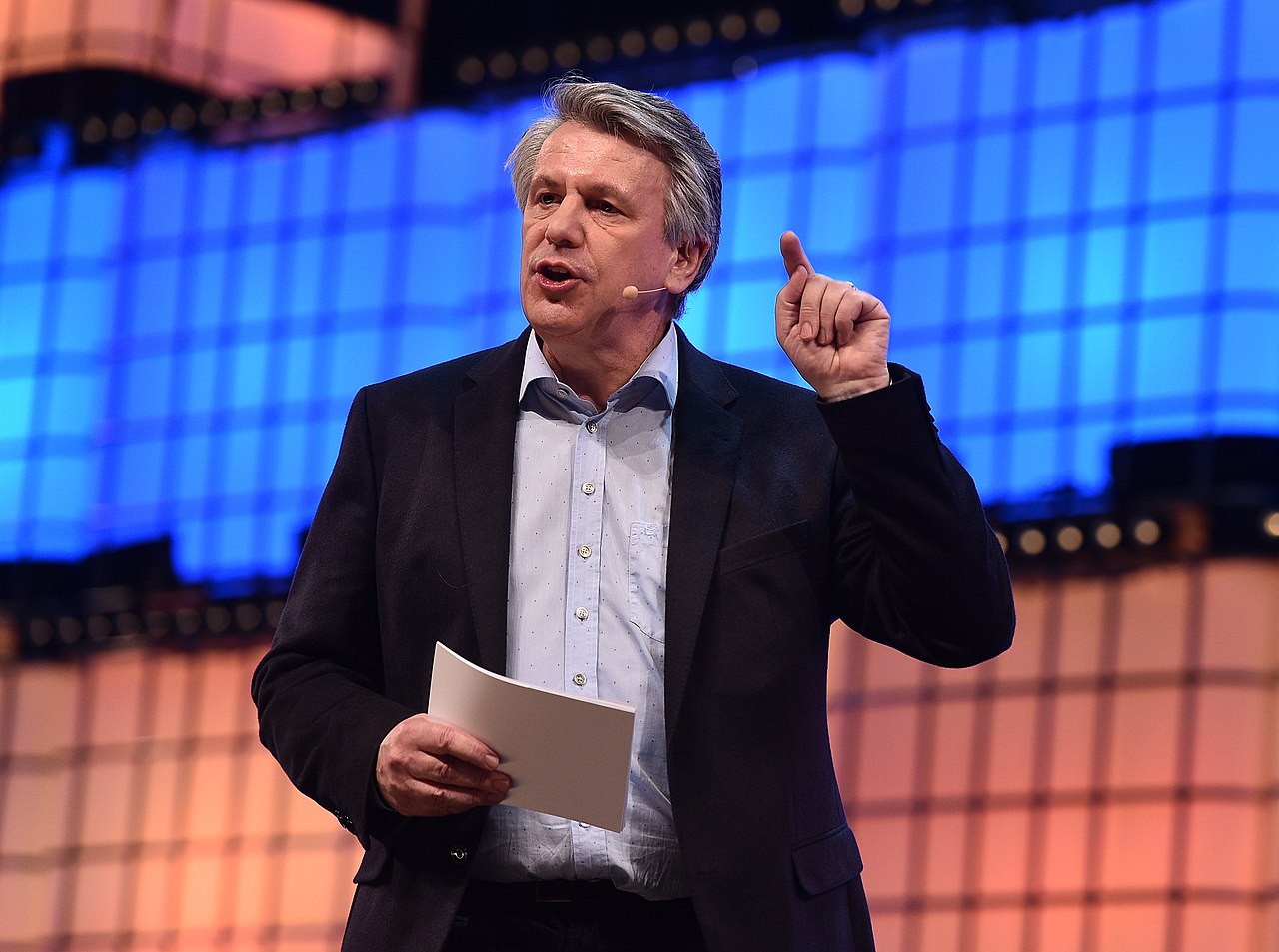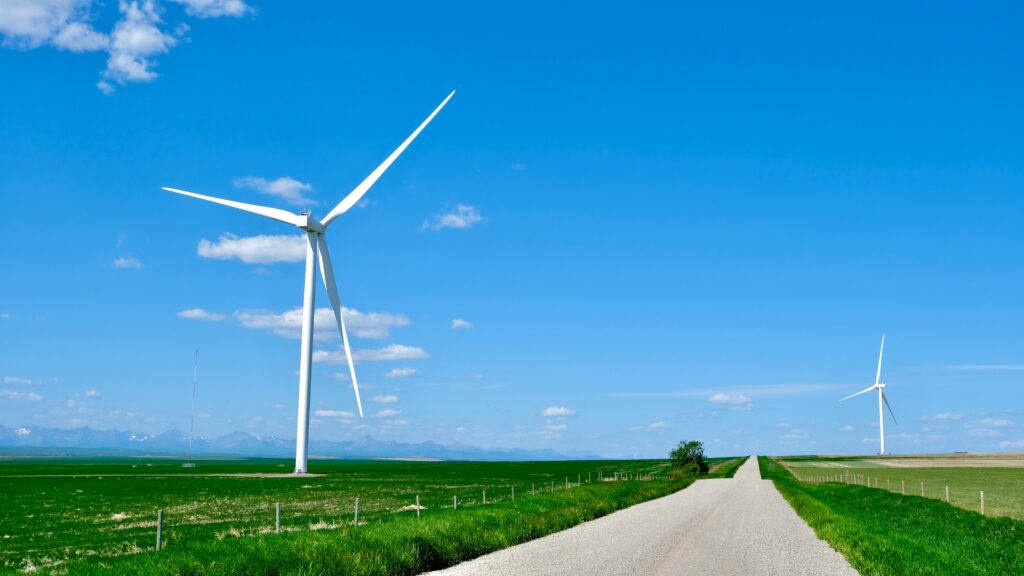Shell’s new net zero strategy is “grotesque” and includes an “impossible” reliance on tree-planting, campaigners have claimed.
The oil major today revealed an “accelerated” strategy to reduce oil production and decarbonise its products by 2050.
Shell’s oil production peaked in 2019, the company confirmed. Under the new plans, oil and gas production would fall 55 percent by 2030, with an “expected gradual reduction” in oil production of one to two percent a year, including divestments and natural decline.
But environmentalists claim Shell’s approach requires a continued reliance on fossil fuels, as well as a “delusional” reliance on nature-based solutions to reach decarbonisation.
Like what you’re reading? Support DeSmog by becoming a patron today!
‘Delivering value’
CEO Ben van Beurden said the strategy would “drive down carbon emissions and deliver value for our shareholders, our customers and wider society”.
Supporters say the new targets include “Scope 3” customer emissions, which includes emissions for the products it sells – the highest emissions bracket that is often excluded from oil company targets – as well as new goals for electric-car charging, carbon capture and storage, and electricity generation.
Shell’s move “ticks all the boxes” for an oil and gas company transitioning to becoming an energy company, Professor David Elmes from Warwick Business School told DeSmog. And Shell was being more transparent than its rivals.
“Today’s plan is certainly a transformation, the question is can they afford it,” he said.
“When BP launched their new strategy recently, a discussion among shareholders was can they earn enough profits to invest in the changes while keeping investors happy with dividends. It’s that level of detail that Shell needs to provide.”
‘Brazen’
However, Shell’s improved targets were overshadowed by its plans to pour $8 billion a year into oil exploration and gas pumping in the short term, in contrast to $2 to $3 billion a year into renewables and hydrogen.
The oil firm’s strategy also involves buying an additional 25 million tonnes a year in controversial carbon capture and storage (CCS) capacity by 2035, in addition to 4.5 million tonnes already at the operational or planning stage.
Shell has also said it would expand its delivery of liquified natural gas (LNG) by seven million tonnes a year until 2025, while promising customers the option of “carbon neutral” LNG to help with their own carbon footprints through offsetting. Shell already gives its business customers the option of offsetting natural gas emissions through buying voluntary carbon credits from “nature-based products around the world”.
Mel Evans, head of Greenpeace UK’s oil campaign, said in a statement: “Shell’s grotesque ‘customer first’ strategy seeks to blame customers first for climate change.”
“Meanwhile Shell, the powerful oil major, brazenly says it will dodge oil production cuts and will simply let output dwindle.”
“Without commitments to reduce absolute emissions by making actual oil production cuts, this new strategy can’t succeed nor can it be taken seriously.”
Read more – Investigation: The Problem with Big Oil’s ‘Forest Fever’
Rachel Kennerly, climate campaigner at Friends of the Earth, said Shell was using “smoke and mirrors” for its updated strategy.
“There’s one way to stop climate breakdown and it’s to leave coal, oil and gas where they are and ramp up investment in renewables,” she told DeSmog “It’s no surprise that Shell wants a business-as-usual model but with a bit of smoke and mirrors to look green.
“It’s clear governments must set high standards and strict laws or else it will still be the Wild West for extractive companies, now with added green spin.”
Forest fever
Shell’s strategy also relies on the use of controversial nature-based solutions (NBS). The company intends to offset emissions of around 120 million tonnes a year by 2030 through buying independently verified carbon credits.
The firm already buys millions of tonnes of carbon offsets from forest-based projects across the world, including Peru and Indonesia, allowing customers to “drive carbon neutral” by offsetting emissions at the petrol pump. Shell recently joined other big polluters in helping shape a voluntary carbon market that will facilitate buying even higher volumes of offsets.
Coraina de la Plaza, Climate Campaign Coordinator at Global Forest Coalition, said the targets included “highly questionable practices”.
“Shell’s ‘comprehensive carbon management approach’ is yet another proof of the little interest that this polluting company has to reduce its emissions,” she told DeSmog.
“Natural climate solution concepts are easily twisted by companies and used to falsely brand highly questionable practices such as offsets, as ‘green’ and a false way to address the climate crisis.”
“Afforestation and reforestation are often based on vast areas of commercial monoculture tree plantations – and all of its devastating impacts on communities, biodiversity, and the environment- can easily be at the forefront of these so-called NBS to offset the carbon that companies like Shell plan to keep pumping back into the atmosphere.”
Main image: By Sam Barnes/Wikimedia Commons/CC BY 2.0
Subscribe to our newsletter
Stay up to date with DeSmog news and alerts







